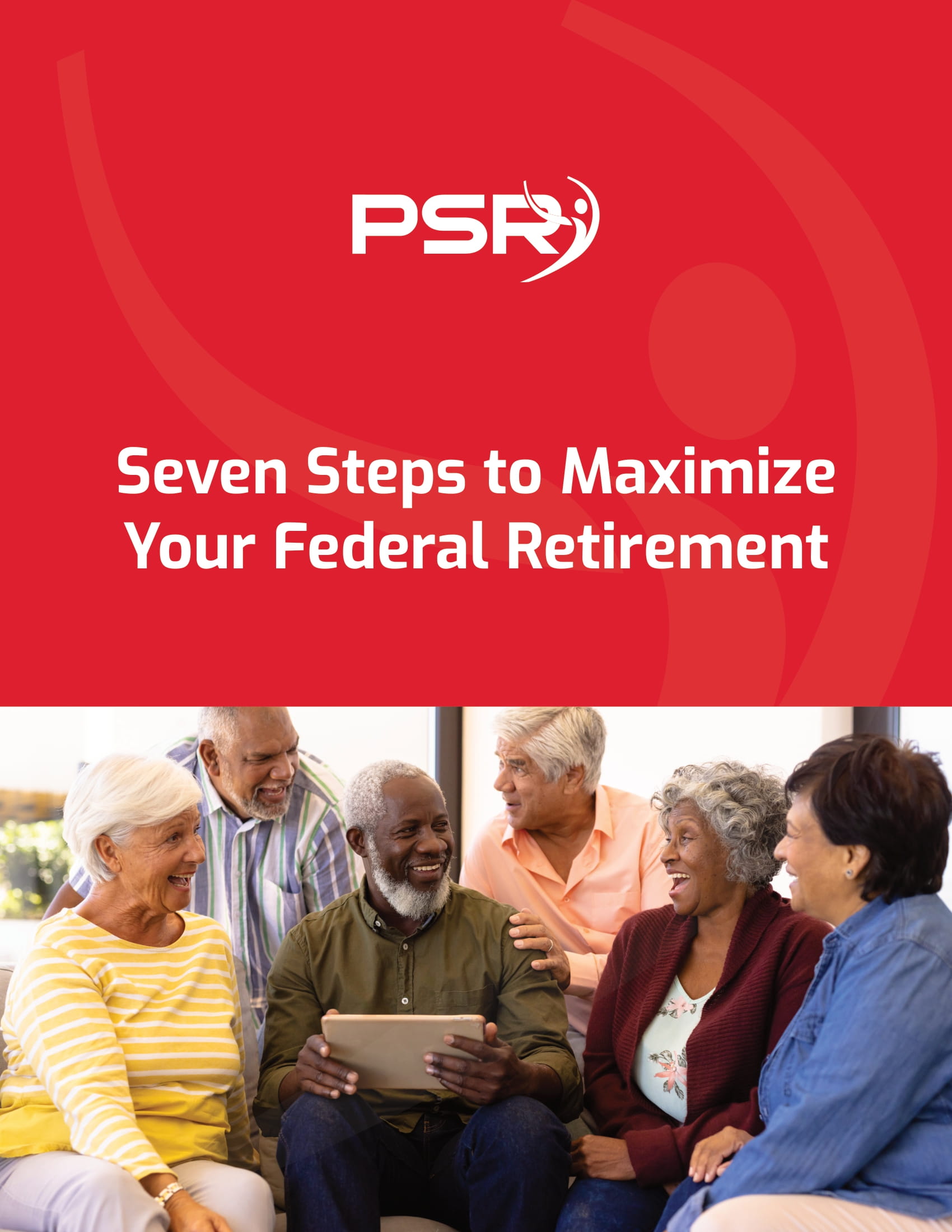Key Takeaways
- In 2025, federal employees can expect notable changes in retirement contributions, healthcare options, and pension calculations, making it essential to stay informed about these updates.
- With adjustments to catch-up contributions and healthcare premiums, federal employees should proactively plan for financial impacts to secure a stable future.
Federal Employee Benefits in Flux: What to Watch Out For in 2025 as Changes Roll In
Federal employee benefits are set to undergo several changes in 2025, affecting areas such as retirement contributions, healthcare premiums, and pension adjustments. These shifts are driven by legislative updates
- Also Read: Divorce and Your Federal Pension—What Happens When You Split Assets and How It Could Affect Your TSP
- Also Read: What Happens to Your Federal Benefits After Divorce? Here’s the Lowdown
- Also Read: The Best FEHB Plans for 2025: Which One Fits Your Lifestyle and Budget the Best?
Will Retirement Contributions Be Increasing in 2025?
A significant change for federal employees in 2025 revolves around retirement contributions. Federal employees aged 60 to 63 will benefit from increased catch-up contribution limits for the Thrift Savings Plan (TSP) and other workplace retirement accounts. The contribution limit will rise to $10,000 or 50% more than the standard catch-up limit, whichever is greater. This adjustment aims to help individuals approaching retirement age boost their savings.
Furthermore, for federal employees who earn more than $145,000 annually, catch-up contributions will now need to be made to a Roth TSP account, meaning these contributions will be after-tax. While this may affect short-term take-home pay, it also means future withdrawals will be tax-free. Employees earning under the threshold can continue making pre-tax contributions. This change may require adjustments in financial planning to maximize the benefits of Roth contributions.
Are Healthcare Premiums Expected to Rise?
Healthcare costs continue to be a concern for many, and in 2025, federal employees may face higher premiums for their Federal Employees Health Benefits (FEHB) plans. Premium adjustments are typically made annually to reflect rising healthcare costs. As healthcare services and treatments become more expensive, these costs often get passed down to policyholders.
If you’re a federal employee nearing retirement or considering your healthcare options, it’s critical to budget for potential premium increases. Open Season, the period when federal employees can review and change their healthcare plans, will be an essential time to re-evaluate your options. If premium hikes are significant, you might want to explore other plans within FEHB that offer the coverage you need at a lower cost.
How Will the Thrift Savings Plan (TSP) Be Impacted?
Changes to the Thrift Savings Plan (TSP) are always on the radar for federal employees, and 2025 brings some notable updates. As mentioned, catch-up contributions for older employees will increase, and those in higher income brackets will now need to make Roth contributions. Additionally, there may be further adjustments to the withdrawal options available to federal employees, offering more flexibility in how and when they access their funds.
These changes highlight the importance of regularly reviewing your TSP contributions and understanding how legislative updates can affect your long-term savings strategy. Employees who are nearing retirement should consider meeting with a financial planner to determine the best approach to managing their TSP withdrawals and contributions in light of the upcoming changes.
Will Inflation and Federal Pay Raises Match Up?
With inflation continuing to challenge purchasing power, federal employees are understandably concerned about whether their pay raises will keep up. In 2025, pay increases for federal employees are expected to be modest, but whether these raises will match inflation is uncertain. Given that pay raises are often determined by Congress, and inflation rates fluctuate, federal employees should closely monitor pay-related announcements.
The concern for those nearing retirement is especially significant, as their high-three salary average will determine their pension. Any increase or lack of increase in pay affects the long-term calculation of pension benefits, meaning inflation can have a direct impact on retirement planning. Employees may want to consider options for supplementing their retirement income, such as contributing more to their TSP or adjusting their savings strategies to account for inflationary pressures.
Are There Changes to Sick Leave and Annual Leave Policies?
Sick leave and annual leave are critical benefits that federal employees accrue over time, and these policies could see modifications in 2025. There has been some discussion about adjusting how much leave employees can carry over year-to-year, as well as how unused sick leave is factored into retirement calculations.
Changes to these policies could affect how you plan for your retirement. For example, unused sick leave can be converted into additional service credit, which boosts your pension calculation under FERS. Keeping an eye on potential changes to leave policies will ensure that you don’t miss out on any benefits or lose valuable service time. Employees planning to retire soon should also calculate how much leave they have accrued and ensure that they understand how it will be applied toward their retirement.
Is the Federal Retirement Age Shifting?
One topic that remains in discussion is the minimum retirement age (MRA) for federal employees. While no concrete changes have been announced yet, there are ongoing legislative discussions about potentially raising the MRA for federal employees. If passed, this would delay when federal employees can retire with full benefits under FERS.
For those already planning to retire in the next few years, it’s crucial to stay updated on any legislative developments that could alter the retirement age. If the MRA is increased, it may require some employees to work longer or adjust their retirement plans to avoid penalties for early retirement.
What Healthcare Options Will Be Available for Retirees?
In 2025, healthcare options for retirees may also face adjustments. Federal employees who retire under the Federal Employees Health Benefits (FEHB) program can continue their healthcare coverage into retirement, but premiums and available plans may shift. Additionally, retirees who qualify for Medicare may need to evaluate how Medicare interacts with FEHB coverage, as any changes to either program can impact out-of-pocket costs.
It’s essential for federal employees approaching retirement to review their healthcare options carefully. Any changes to Medicare eligibility or FEHB plan offerings could affect long-term healthcare expenses, making it vital to assess how best to combine these benefits during retirement.
Preparing for Federal Benefit Changes in 2025
As 2025 approaches, federal employees should be proactive about reviewing their benefits and understanding how new legislation and policies may affect their retirement, healthcare, and savings plans. Keeping up with these changes will help you make informed decisions, whether it’s maximizing TSP contributions, adjusting healthcare plans, or preparing for potential changes to retirement age and sick leave policies.
Staying informed and acting early will ensure that you’re prepared for whatever comes your way in 2025, helping you secure a stable and well-planned future.












